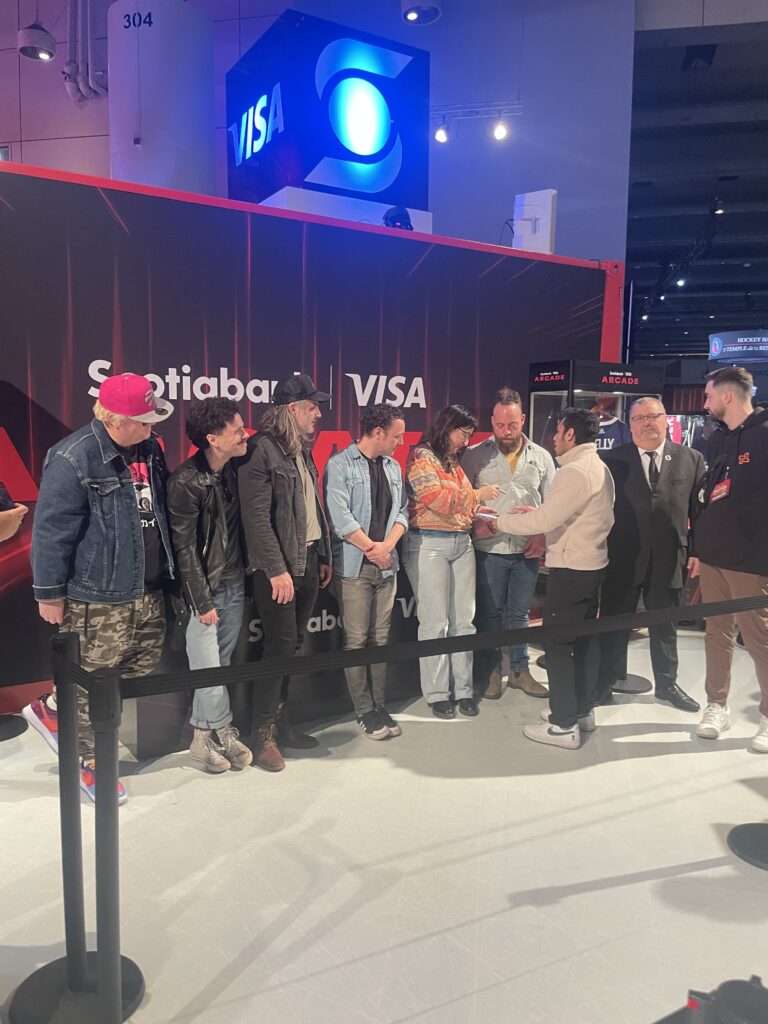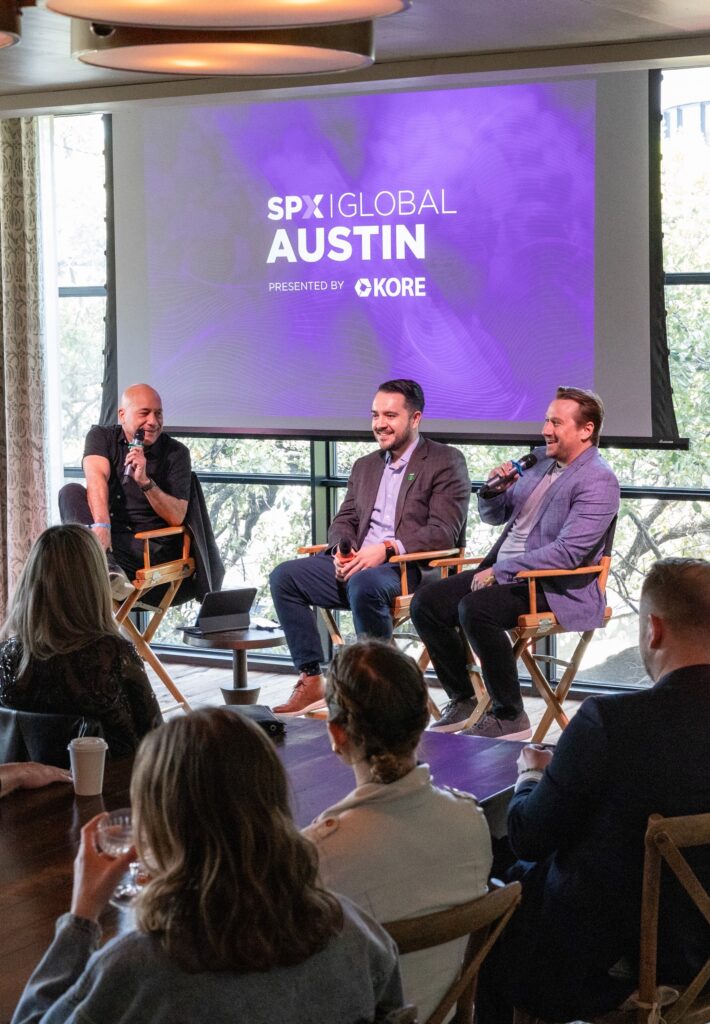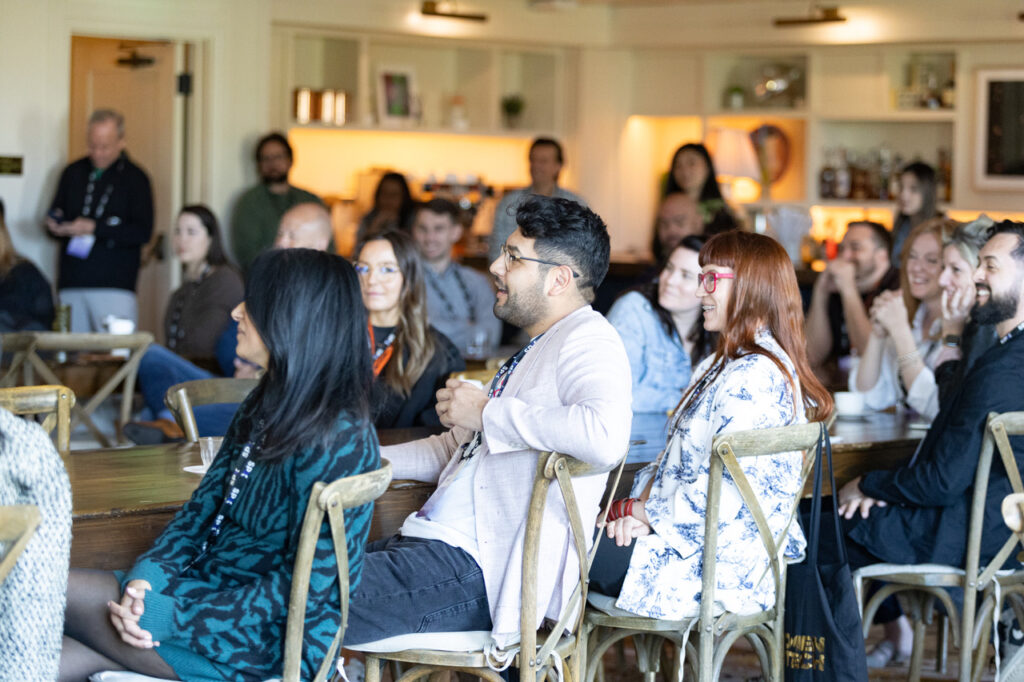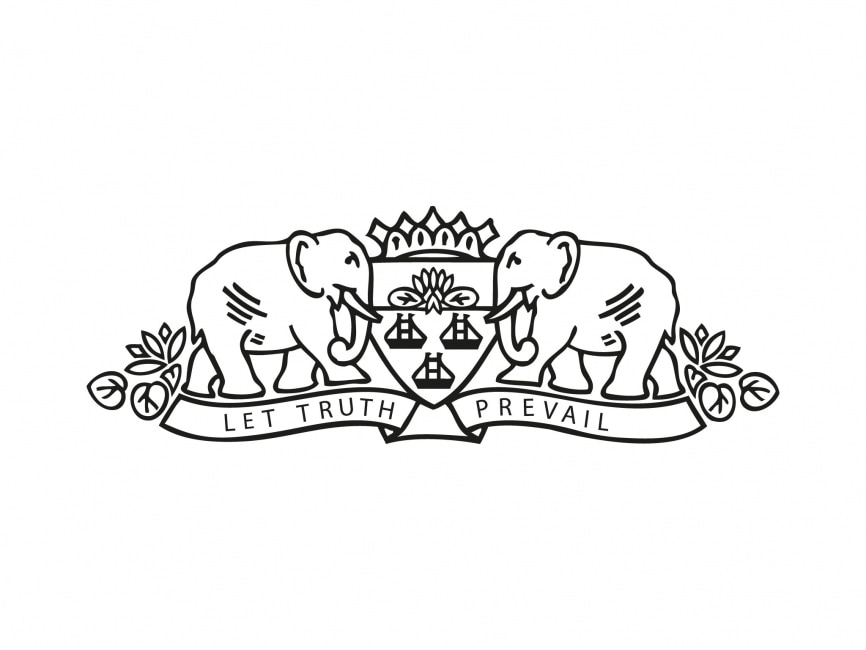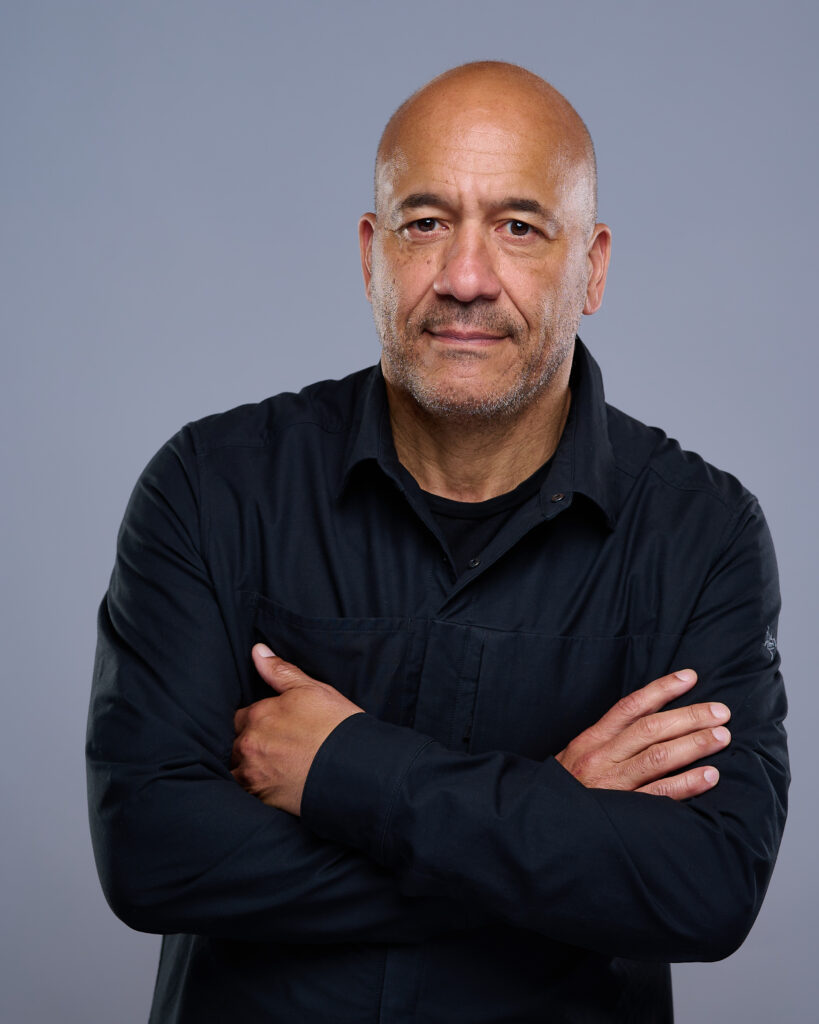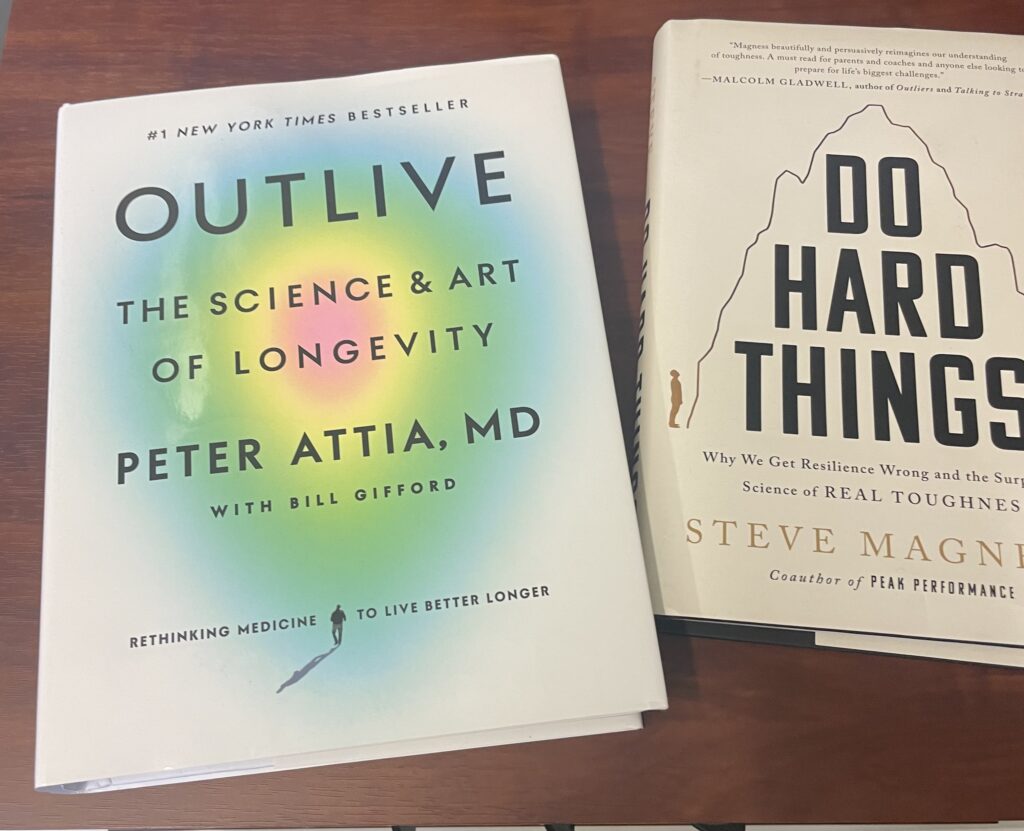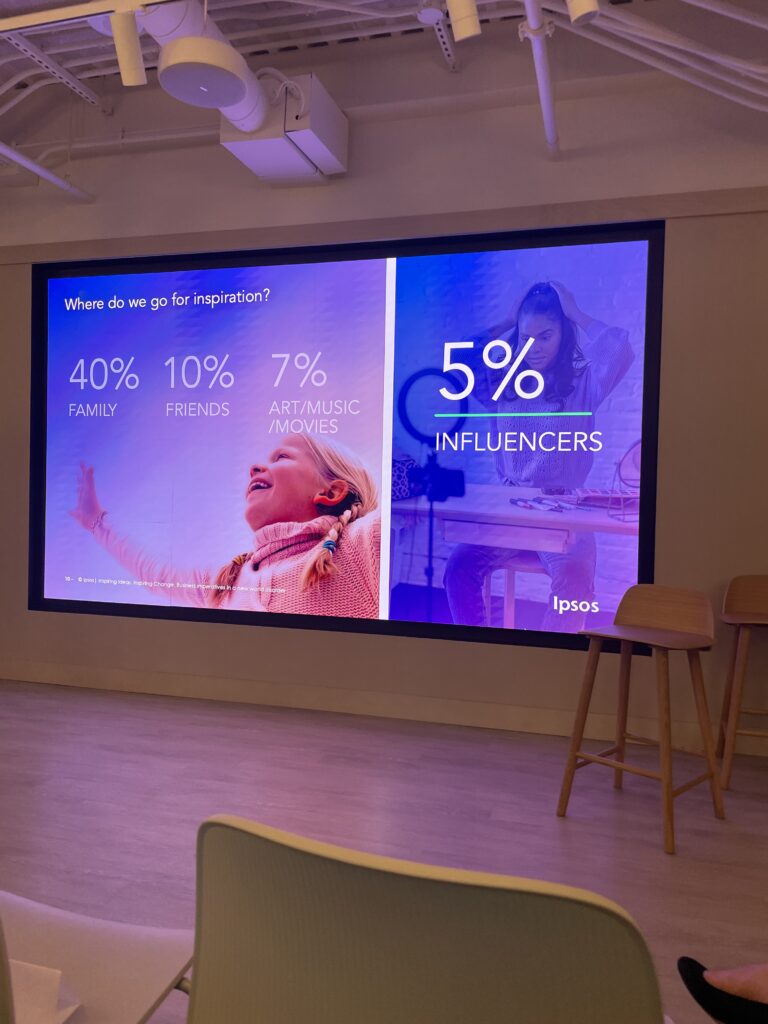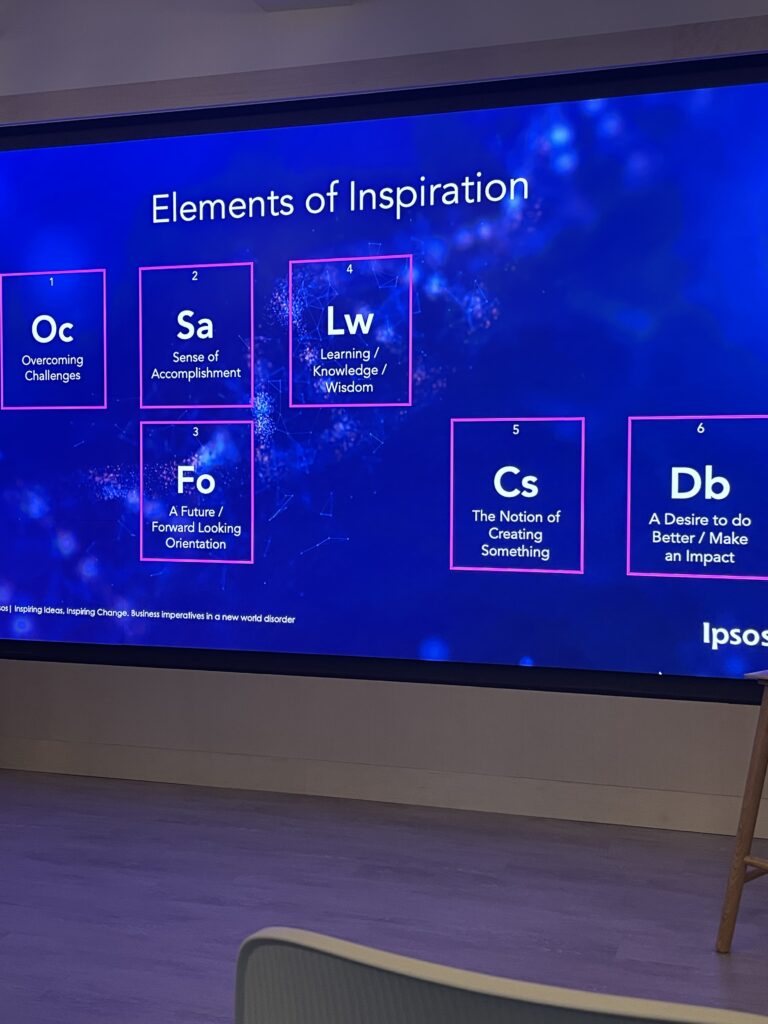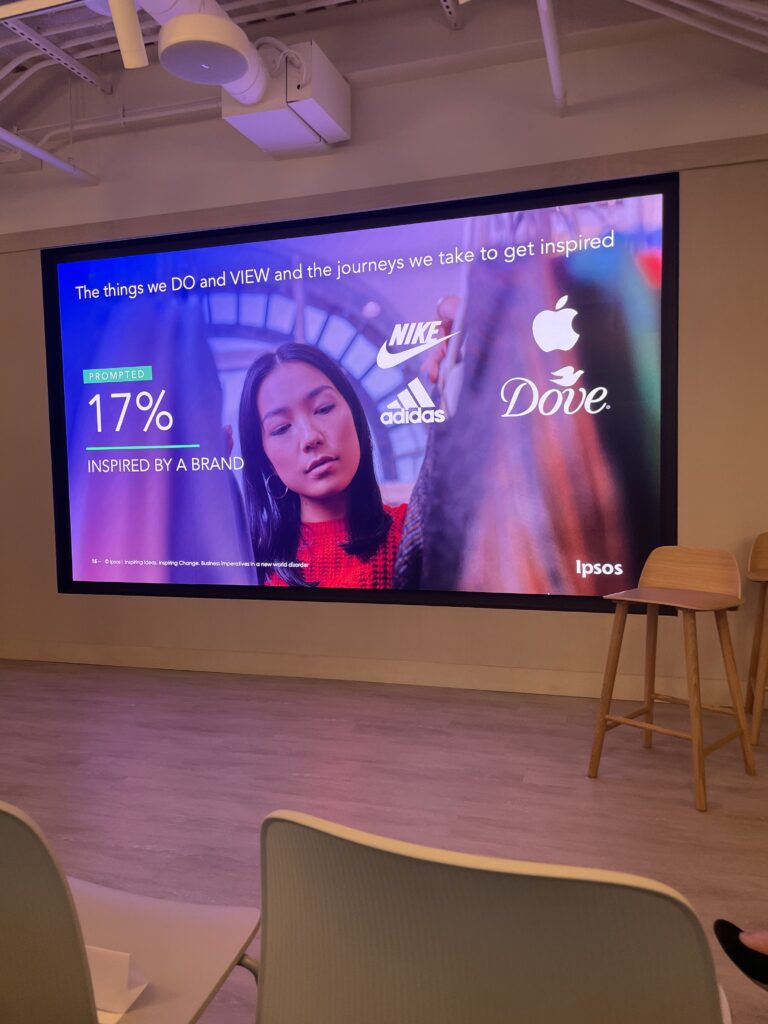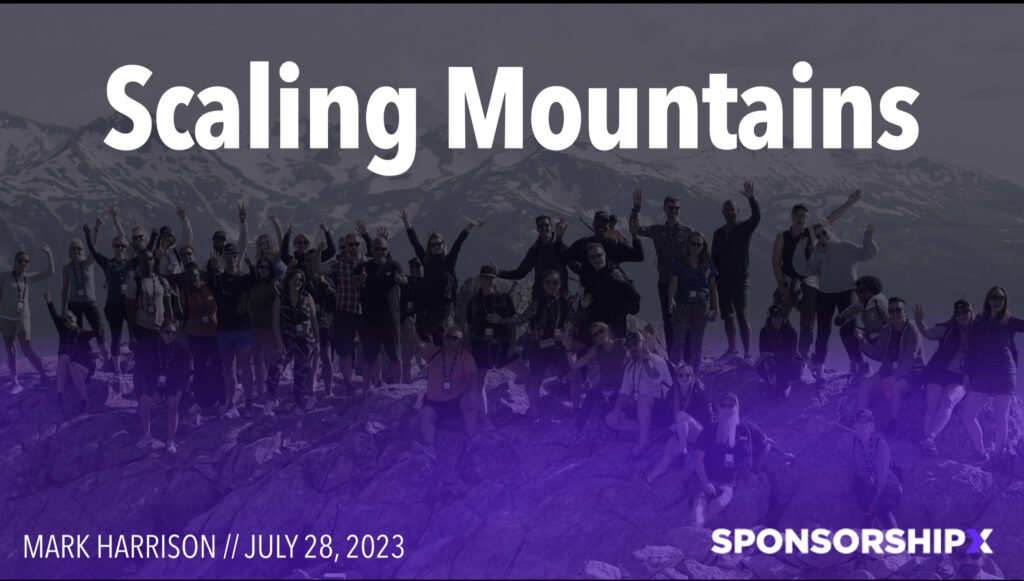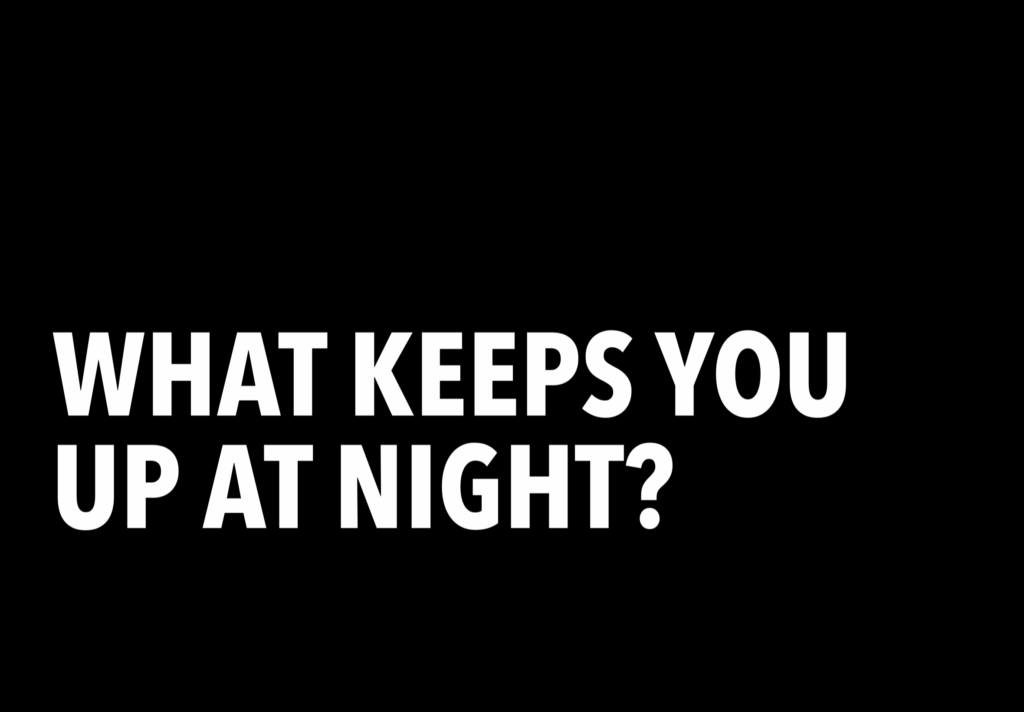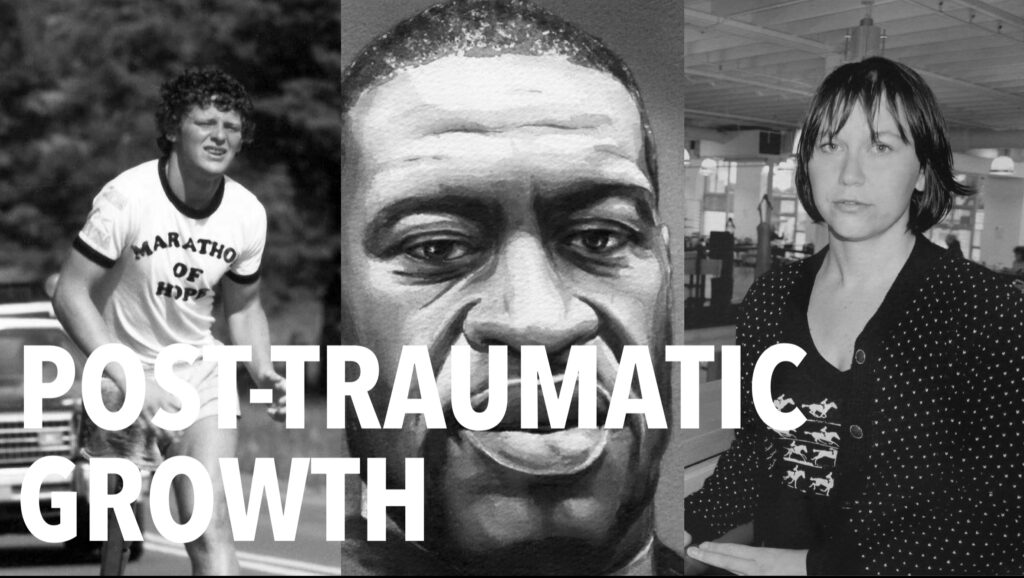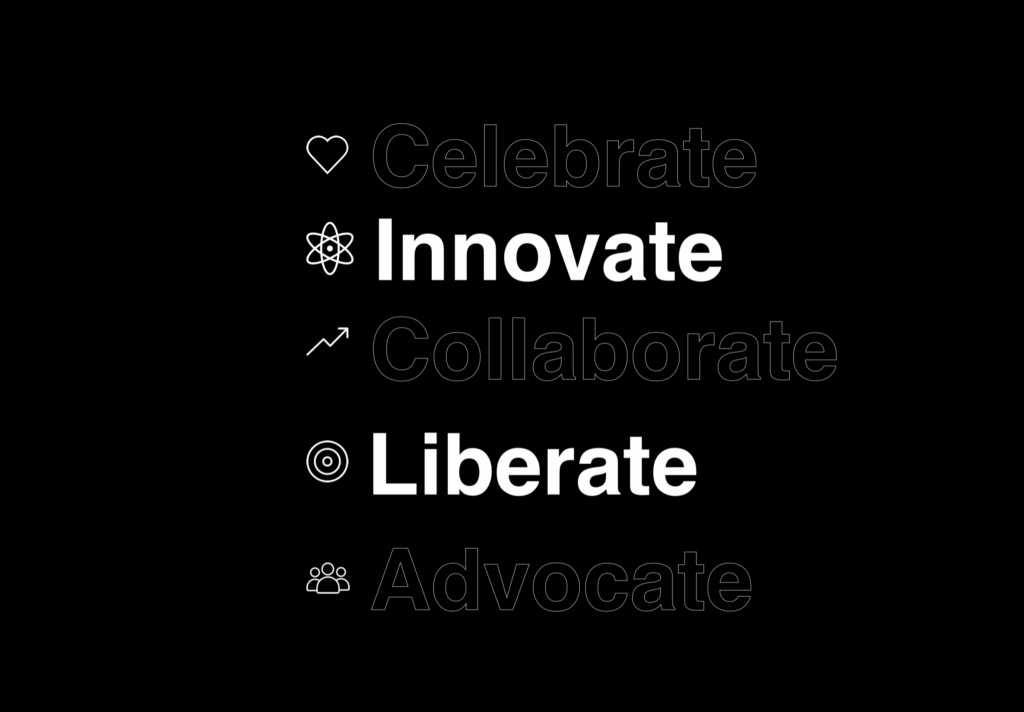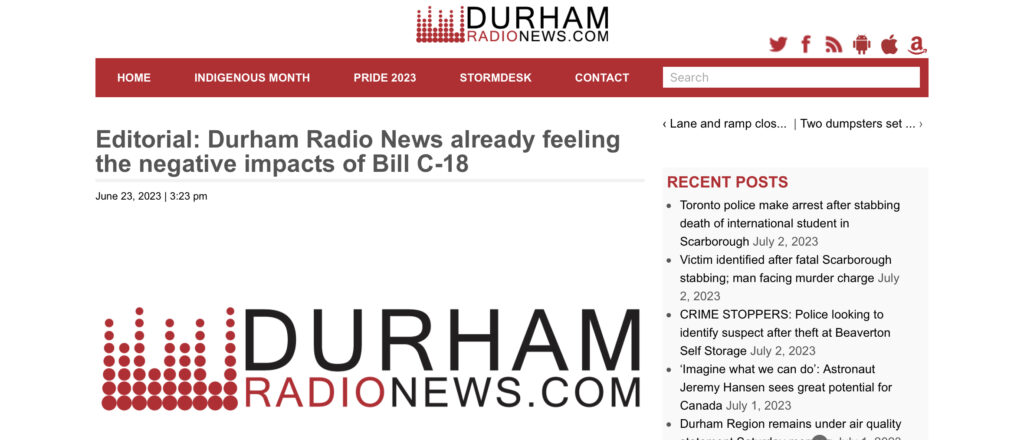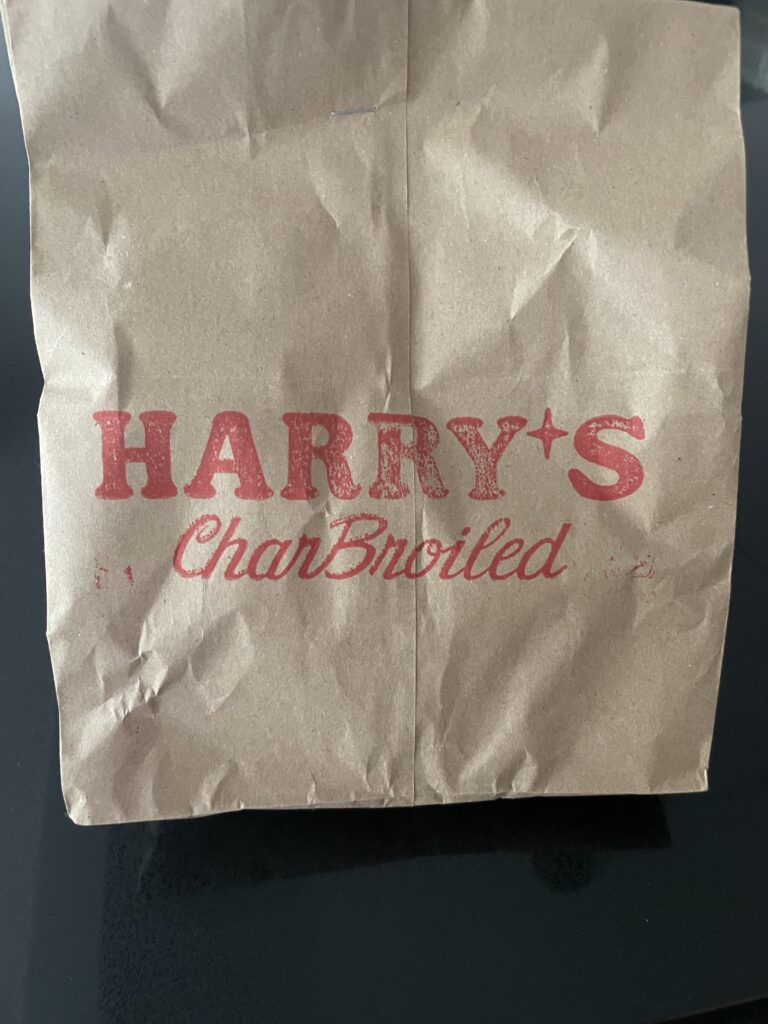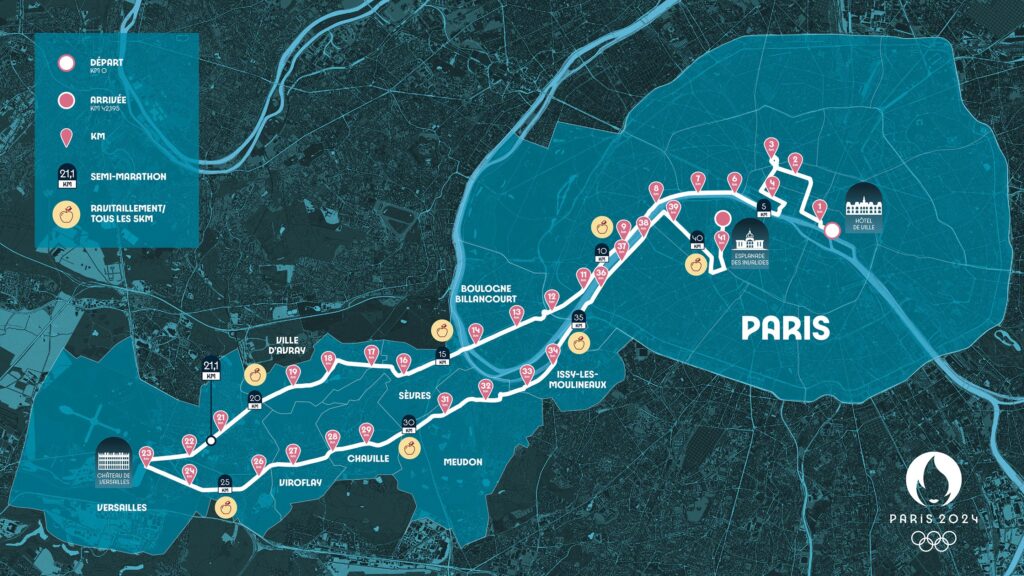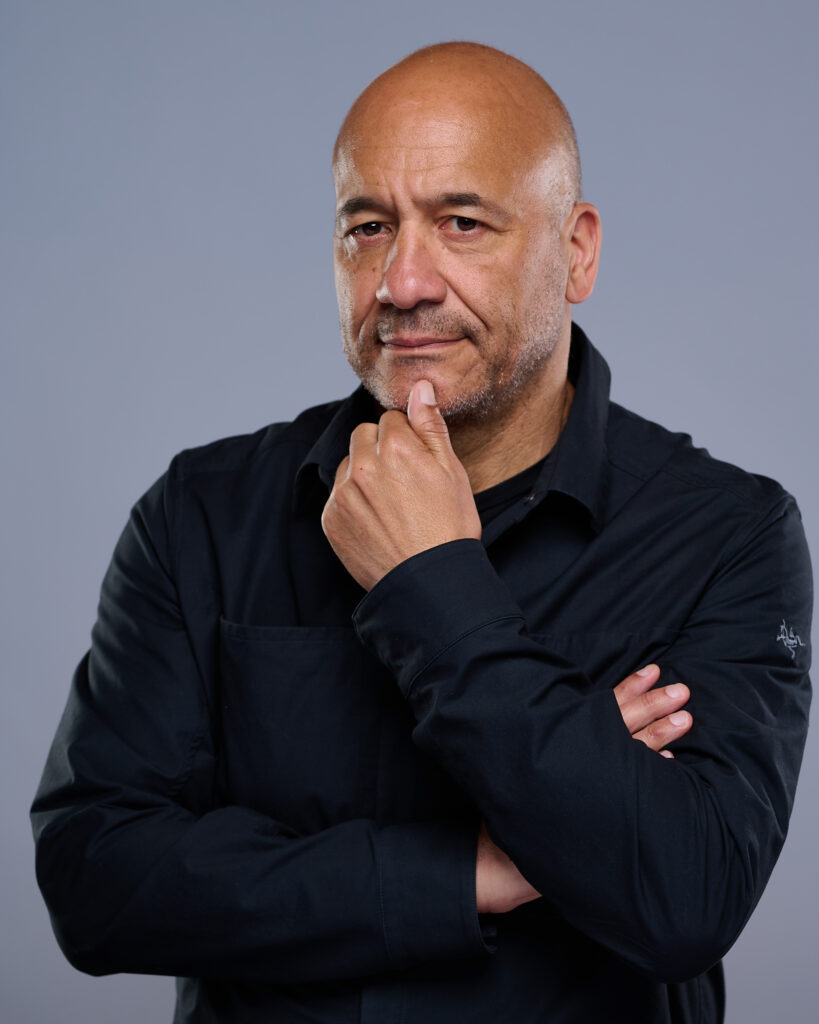by Mark Harrison
The passion and intelligence of its largely younger attendees, she thought, “could save the humanities.”
These words summarize the impact on Penn State University English professor Hester Blum after attending Terror Camp, a two-day virtual event for fans of the 2018-19 AMC Television series The Terror.
Many traditional marketers are eager to secure their consumers’ adoration at a level of Fandom, the way entertainers, games, movies, books, television shows, and other cultural offerings do. But to think that Fandom could save academia? Is that going too far, or is that demonstrating the power of Fandom?
Who doesn’t desire more fanatics, loyalists, brand champions, community animators, or prosumers? Show me the brand, the movement, and the person who doesn’t yearn for greater Fandom. It’s invaluable and elusive—a magic that’s hard to find and even harder to contain once unleashed.

Fandom is incredibly powerful in the entertainment world, whether it be the Beyhive or Harry Potter community or the ARMY following BTS. UK-based firm Brand Success (https://www.brand-success.co.uk/) has research that demonstrates that traditional businesses that are successful in creating brand fans are proven to grow some 2.5 times faster than their competitors who don’t. In the B2B world, Google research shows buyers who consider themselves devotees of your business are 30x more likely to pay a premium for your brand.
These staggering numbers will encourage marketers to get out of traditional mindsets about consumers and customers and think about fans.
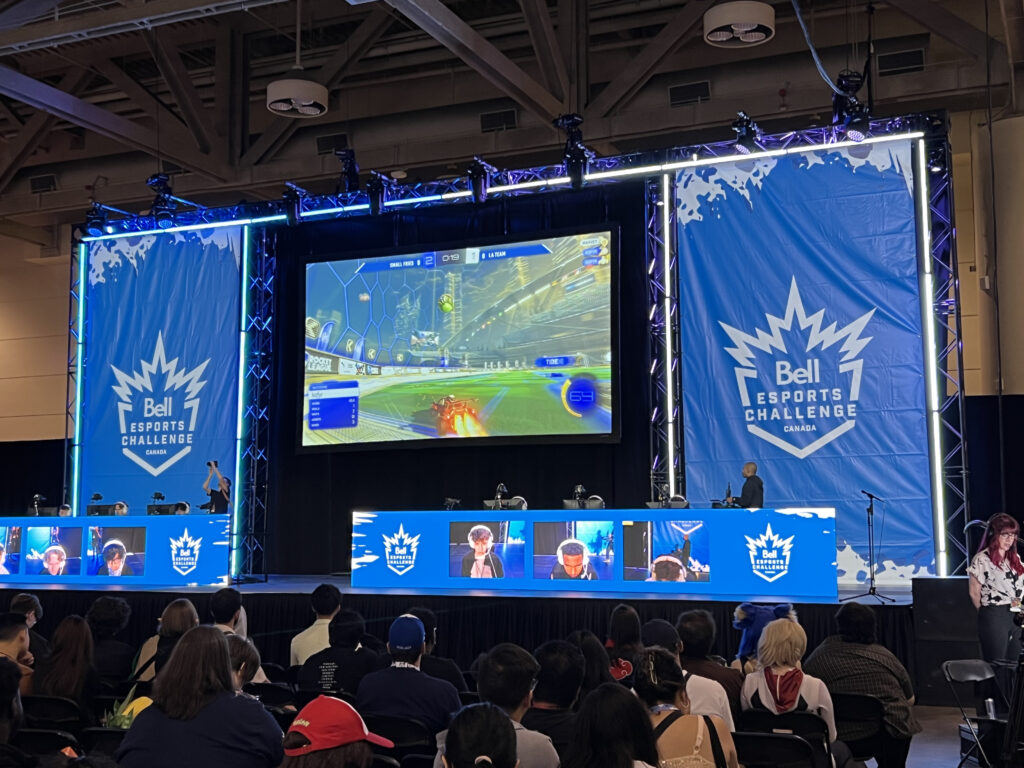
One of my favourite examples of a brand building its’ way to success through Fandom is Gymshark. They have reached unicorn status (valuation of over $1B) in just ten years after emerging from the founder’s garage because of their relentless focus on community. They are a magical company not just for their use of relatable influencers, incredible content reaching 20 million YouTube viewers, encouragement of UCG, and credible partnerships but also because of their humility. I recently read a piece about how, “during a website outage on one of their famous Black Friday sales, the founder wrote over 2500 apology letters to customers (including discounts) so they could make their purchases later. This is just a single example of their excellent customer service, but if you’ve ever purchased from Gymshark and used their support, you’ll understand the hype. “(https://theaccountancycloud.com/blogs/the-rise-of-gymshark)
In my desire to learn more about how to build a positive, devout community for brands, I recently set out to understand where Fandom is growing and where it is not.

Let’s start with the approach as a marketer to your target markets. Do we call them consumers, customers, or clients? Experts recommend we begin by labelling our buyers as fans. In that case, we will naturally recalibrate our approach to the purchasers of products or services, the stakeholders we wish to influence, and the channels we want to create. Who is your target “fan”? What is her persona? What metrics do you seek to secure? Do you want a larger share of the purchasing power or a larger share of her voice? Brand strategy based on Fandom is the future for the rest of the world, says Ear to the Ground’s Jack Ward.
The most prominent components of Fandom are passion and emotion. What is the emotional element of fandom? Where does the joy come from? Today, it is not just love or adoration. Is it relatability? The most prominent person to discuss when talking about Fandom is Taylor Swift. Those who study Fandom, though, identify that her power is not just being an artist, but her power is connected to her followers as a person. By sharing her private life, the challenges and the triumphs with the world, the Swifties are not only devoted to her; they will defend her. (https://www.thenationalnews.com/arts-culture/music-stage/2024/02/21/most-powerful-fan-bases-swifties-potterheads-bts-army/). Also, modern-day fans have a deeper understanding of self. They spend more time considering their identity, values, and mantra, which significantly impacts what tears their devotion.
The economics of a brand strategy based on Fandom are to be enjoyed by all stakeholders, not just the sponsoring business. Enterprises often cite the proliferation of social media, customization, and personalization as the driving forces of fandom marketing. They are merely channels and platforms or enablers. The real driver is that Fandom relies on new structures with less hierarchy and more distributed value. This opportunity is where Web3 comes in. Maddie Raedts writes in Forbes that “Web3, a decentralized online ecosystem built on the blockchain, facilitates unique experiences and consumer activations to ensure the continuity of community engagement.” Plenty of businesses talk about the brands curated by consumers, but how many take this bottom-up approach and allow their fans to participate in product design, marketing, and distribution? How many consistently turn the masses into influencers who build loyalty to the community transparently and genuinely? This is the shared approach to creating inclusivity and loyalty.

Finally, I want to understand the purpose of Fandom.
At their core, fans want to belong, to be a part of a community, and to achieve status for sharing their devotion within the community and earning recognition. Fan club members believe they are contributing to the success of their idols and not merely loyalists who follow them unthinkingly.
Douglas Dunn of One Minute to Midnight and Kim Bayley of the Entertainment Retailers Association (ERA) has written about this deeper human meaning of Fandom in the entertainment industry. “Key to participant motivations were values including achievement and the thrill of demonstrating this achievement within their personal fandom community.” We think of digital channels as the superpower when, in fact, they can be a deterrent. Dunn and Balyley maintain, “In a digital age, the risk is that ‘fandom’ comes too easily, so finding ways to make fans work a little more to ‘earn’ their Fandom means they can experience the emotional pay-off and this ‘thrill of discovery.’ “
Thinking of the future of Fandom, which will influence my business this way: If we went out of business tomorrow, who would care?
